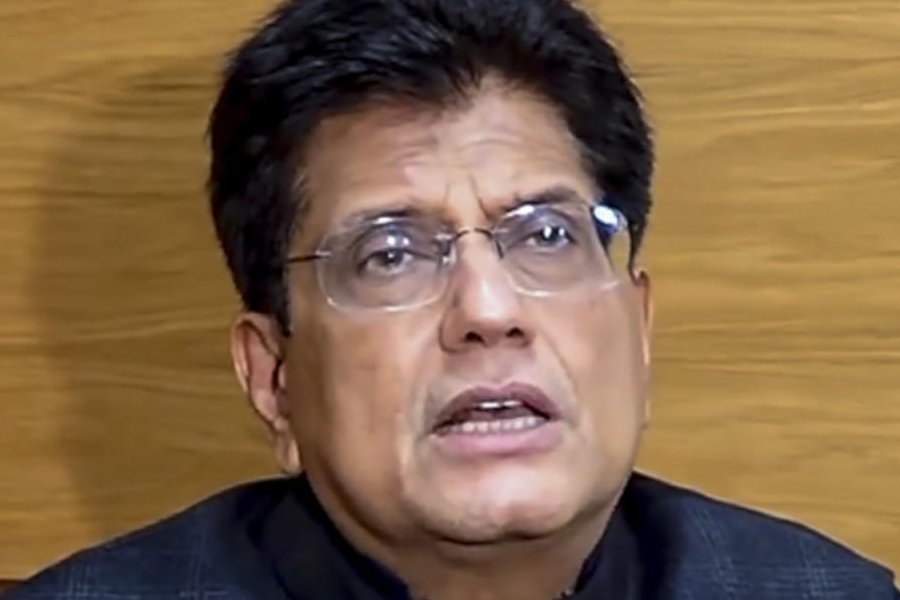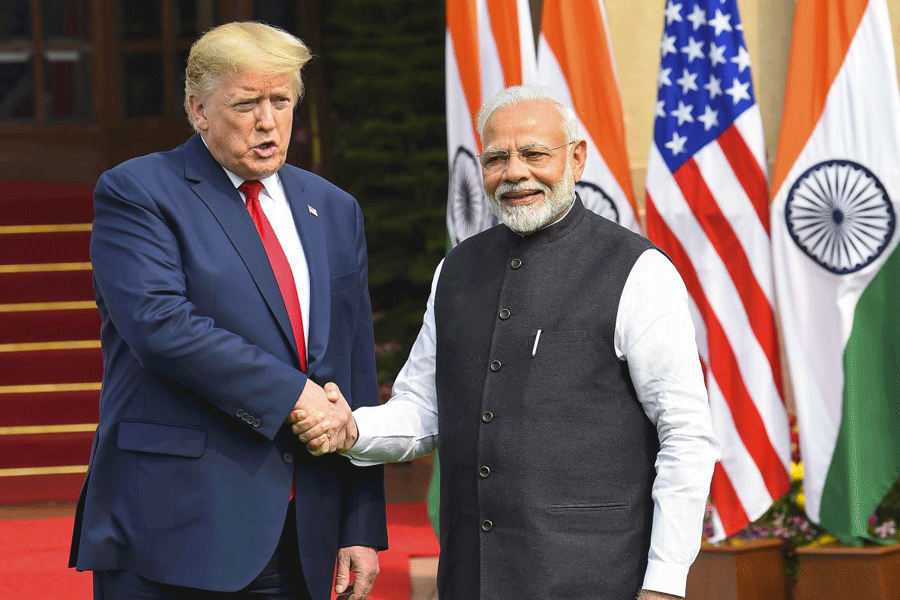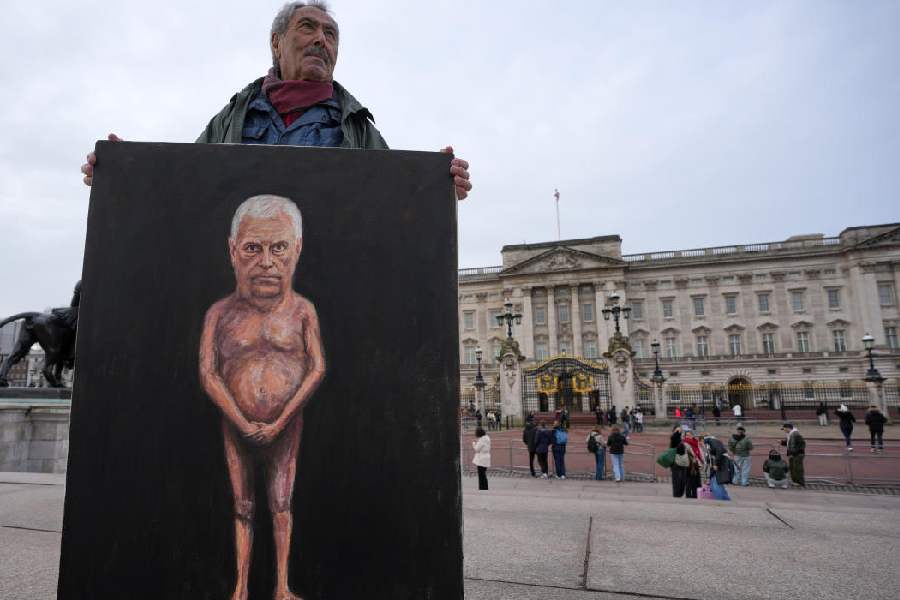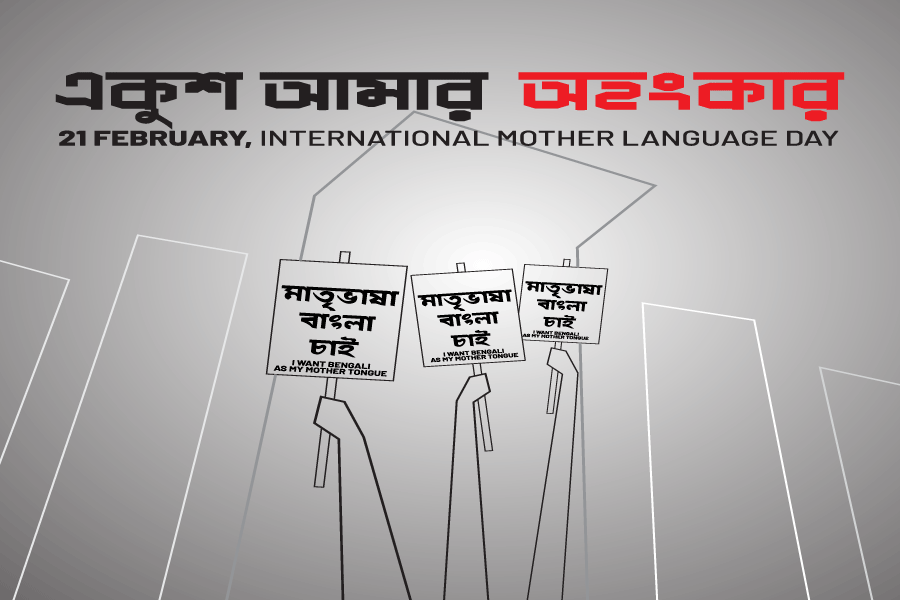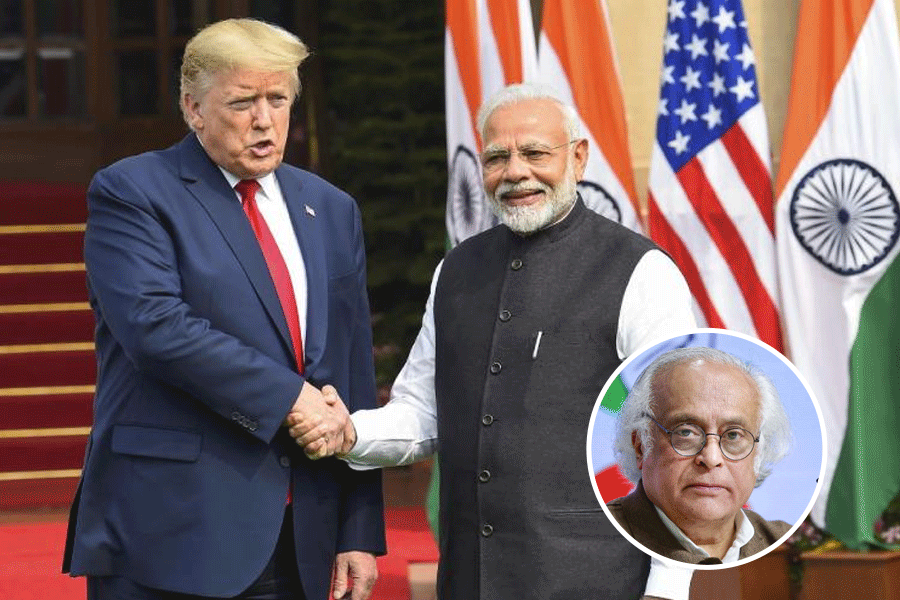Somewhere in the great beyond, Stephen Hawking and Michael Jackson could be filing complaints with their digital agents about the resurrection of their likenesses being devoured by a crocodile or rapping nonsense. All of this is being conjured up with a few prompts on OpenAI’s new Sora app.
Accessible through an invitation from an existing user in the US and Canada (“with the intent to quickly expand to additional countries”), the TikTok-style app is becoming home to AI slop. Users can create fake clips that depict themselves or their friends in wide-ranging scenarios while maintaining a consistently high degree of realism, besides a soundtrack comprising voices.
Sora has reached over one million downloads in fewer than five days since its launch, which is faster than ChatGPT did at launch, despite being an invite-only app. Early users of Sora have been thumbing through a feed of nonsensical moments, like the CEO of a tech company shoplifting and Ronald McDonald in a police chase.
Lurking in the shadows of AI are disconcerting moments, like the likeness of the late theoretical physicist Hawking, who spent a large portion of his life in a motorised wheelchair, with his head contorted slightly to one side, being brought back to life in brutal scenarios — like being knocked to the floor by burly wrestlers. In another video, he is attacked by a crocodile and in yet another he is seen skateboarding, which ends in disaster. This is the man who learned early in life that he had amyotrophic lateral sclerosis, a neuromuscular wasting disease also known as Lou Gehrig’s disease.
Then there is Tupac Shakur seen walking around Pyongyang, North Korea. The rapper died in 1996 at the age of 25 of wounds from a drive-by shooting. The late John F. Kennedy, whose words encouraged the young, can be seen rambling about
technology.
The problem with Sora does not lie with the living, as it rejects attempts to make AI likenesses using videos of famous people. But luck has run out for the dead, at least most of them. The app is generating content featuring the likenesses of long-dead public figures.
In its official safety document, OpenAI said it would “take measures to block depictions of public figures”, but in a statement to PCMag, a tech publication in the US, the company also said “we do allow the generation of historical figure”.
In the US, it’s unclear who owns the rights to the likenesses of celebrities who have died.
“Please stop sending me AI videos of dad,” Zelda Williams said in a now-deleted Instagram story on Monday, referring to her late father Robin Williams. It’s not clear whether she is talking about clips generated using Sora or AI in general. “Stop believing I wanna see it or that I’ll understand, I don’t and I won’t…. It’s dumb, it’s a waste of time and energy, and believe me, it’s NOT what he’d want.”
The use of digital recreations of dead public figures is something that was discussed in the 1990s when John Lennon chatted with Forrest Gump or when Fred Astaire danced with a Dirt Devil vacuum. Such footage had to be painstakingly edited. AI has made the technology easily available and results can be seen in minutes. In the US, the right of publicity for deceased public figures is governed by various laws in at least 24 states.
Bill Peebles, the head of Sora, posted on X: “We’re continuing to hillclimb on making restrictions even more robust, and we will add new ways for you to stay in control of your cameo in the future.”
Earlier this week, the Sora app became the No. 1 iPhone download.


